Thanh Hoa is considered a province with great potential for agricultural production with 45,803 hectares of rice land each year; 50,600 hectares of various vegetables, output of 580,700 tons... This is an abundant source of raw materials and an advantage for the province to develop the agricultural, forestry and fishery processing industry.
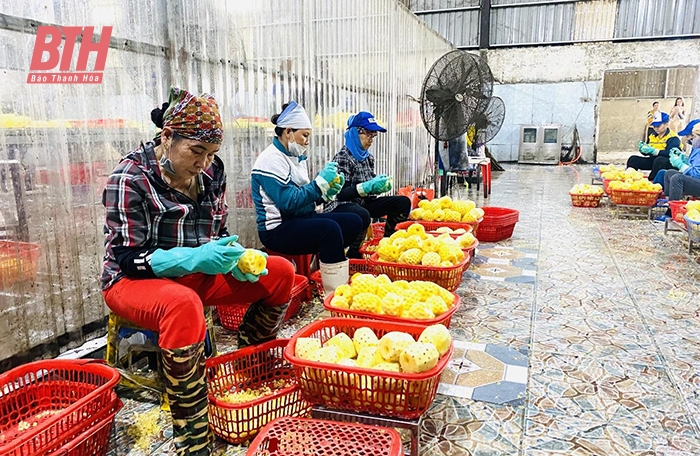
To promote this advantage, in recent times, the province has focused on many solutions to attract businesses to invest in developing the agricultural, forestry and fishery processing industry. Currently, the whole province has about 250 enterprises and cooperatives processing and trading forestry products, more than 30 agricultural processing enterprises, and 80 aquatic and seafood processing enterprises.
Based on the assessment of area and output, our province is truly a “fertile land” for agricultural processing enterprises to boldly invest without having to worry about raw material sources. However, in reality, through the production and business process, most processing enterprises in the province are in a state of shortage of local raw materials, so enterprises are eager to have this source of raw materials.
As a unit specializing in processing canned pineapple products for export, each year, Viet Agricultural Products Processing and Export Joint Stock Company, Long Anh Ward, Thanh Hoa City produces and exports about 10,000 tons of canned agricultural products of all kinds. Accordingly, each year the company needs about 25,000 tons of raw materials for production. However, the source of raw materials within the province for the company's processing only reaches about 30%, the company has to purchase and transport the remaining 70% of raw materials from Ninh Binh, Nghe An and Lao Cai provinces. This causes the production and business process to be greatly affected, the company's net profit is low.
Mr. Nguyen Van Quynh, Director of Viet Agricultural Products Processing and Export Joint Stock Company, said: Purchasing and transporting raw materials from other provinces for processing makes production costs much higher than using local raw materials. For raw materials purchased and transported from Ninh Binh, Nghe An, Lao Cai provinces, the cost increases by about 30 to 40% compared to local raw materials. Raw materials purchased and transported from Lao Cai province increase by 80 to 90% compared to local raw materials. The high cost of input materials makes it impossible for businesses to implement the strategy of reducing product prices, thus reducing competitiveness compared to agricultural products in other countries. In addition, the long transportation time of raw materials also affects the quality of raw materials to some extent, and during the process of processing raw materials, the loss rate is higher.
To take the initiative in local raw materials, there was a period when Viet Agricultural Products Processing and Export Joint Stock Company linked up with pineapple growers in the province to produce and consume products. However, during the process of implementing the linkage, people repeatedly did not comply with the regulations, arbitrarily sold products to the outside at higher prices than agreed with the enterprise, or chose products with grade 1 quality to sell outside at higher prices, and sold lower quality products to the company. Meanwhile, the enterprise did not have enough human resources to manage the linked raw material area, so the enterprise had to give up. To achieve the goal of improving the capacity and competitiveness of the unit's products and implementing the sustainable development strategy, more than ever, Viet Agricultural Products Processing and Export Joint Stock Company aspires to build a local raw material area for processing.
As a company with more than 20 years of establishment and development, the construction of an on-site raw material area for Thanh Hoa Seafood Import-Export Joint Stock Company is still a difficult problem without an answer. Mr. Nguyen Cong Hung, Sales Director, Thanh Hoa Seafood Import-Export Joint Stock Company, said: “Each year, our company needs about 10,000 tons of raw clams for processing and export. Currently, the clam area in Thanh Hoa province is 1,250 hectares, with an annual output of about 15,000 hectares. Compared to the company's needs, the province's raw material sources are more than enough to meet the output. However, in recent years, the company has only been able to purchase about 1,000 tons of clams within the province, meeting 10% of the raw material demand. The remaining amount the company must get from Ninh Binh province.”
Explaining this inadequacy, Mr. Nguyen Cong Hung added: “The reason for the above paradox is because clams in Thanh Hoa are often farmed at too high a density, and the farming process of the people is mainly based on traditional experience, so the quality of the clams does not meet the company's requirements. Therefore, the company had to look to other provinces to invest in raw material areas.”
The story of "thirst" for local raw material areas is almost a problem for most processing enterprises in the province. To solve this problem, enterprises all hope that people also need to strictly comply with the commitments in the process of implementing production and product consumption linkage. State management units also need to strengthen propaganda and dissemination to people about the benefits and responsibilities in complying with production and product consumption linkage contracts signed with enterprises. At the same time, strengthen supervision and management of raw material areas, creating conditions for enterprises to build and develop raw material areas for processing.
According to the assessment of Mr. Hoang Viet, Head of the Department of Agricultural Product Processing and Trade, Department of Agricultural, Forestry and Fishery Product Quality Management of Thanh Hoa province, currently, in addition to 3 rice processing factories in the province with guaranteed raw materials, most agricultural, forestry and fishery processing units are more or less lacking raw materials for processing. The shortage of raw materials for processing of enterprises is at different levels. Some enterprises are locally lacking raw materials, sometimes seriously lacking raw materials, but sometimes there is a surplus of raw materials due to seasonal factors. There are also enterprises lacking quality raw materials for deeply processed products. However, regardless of the level of shortage, the lack of initiative in raw materials is a factor that threatens the sustainable development of enterprises. Therefore, to ensure the development roadmap of the unit, enterprises need to proactively develop investment strategies and develop local raw material areas. The Department of Agricultural, Forestry and Fishery Product Quality Management of Thanh Hoa province has been working with units under the Department of Agriculture and Rural Development to create all conditions for processing enterprises to invest in building and sustainably developing local raw material sources.
Article and photos: Huong Thom
Source


![[Photo] Coming to Son La, let's "show off" with the Wallflowers](https://vphoto.vietnam.vn/thumb/1200x675/vietnam/resource/IMAGE/2025/5/21/627a654c41fc4e1a95f3e1c353d0426d)
![[Photo] Prime Minister Pham Minh Chinh receives Rabbi Yoav Ben Tzur, Israeli Minister of Labor](https://vphoto.vietnam.vn/thumb/1200x675/vietnam/resource/IMAGE/2025/5/21/511bf6664512413ca5a275cbf3fb2f65)
![[Photo] Scientific workshop "Building a socialist model associated with socialist people in Hai Phong city in the period of 2025-2030 and the following years"](https://vphoto.vietnam.vn/thumb/1200x675/vietnam/resource/IMAGE/2025/5/21/5098e06c813243b1bf5670f9dc20ad0a)
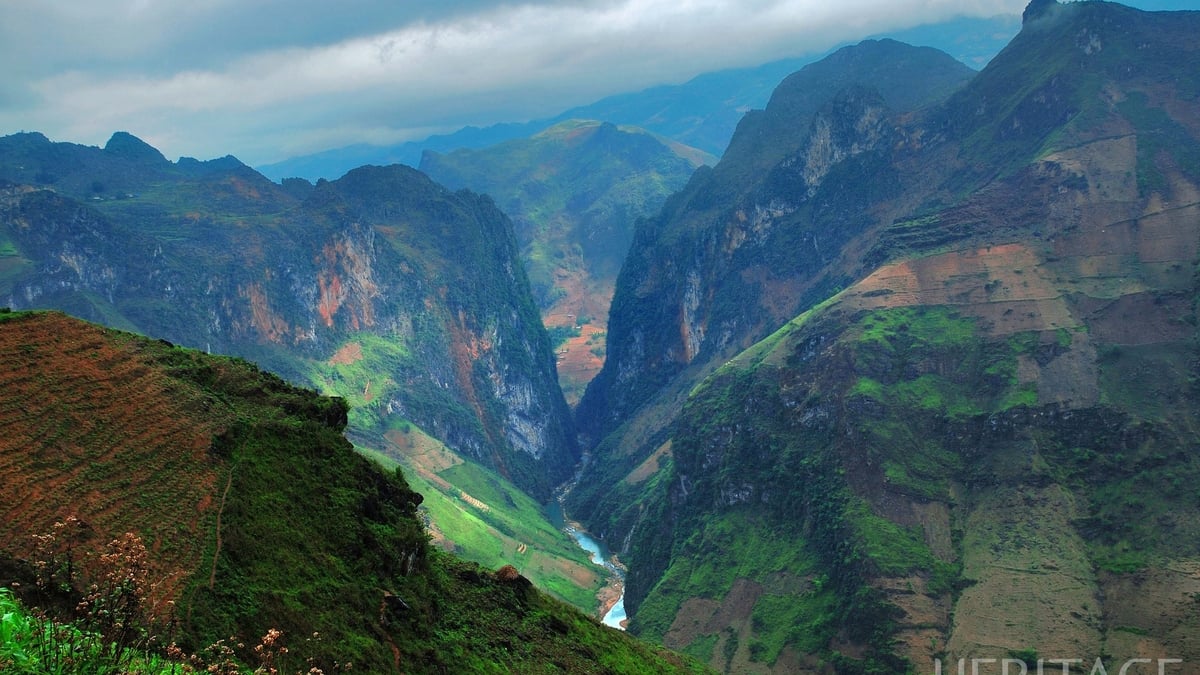

![[Photo] Prime Minister Pham Minh Chinh receives the President of Asia-Pacific region of PowerChina Group](https://vphoto.vietnam.vn/thumb/1200x675/vietnam/resource/IMAGE/2025/5/21/0f4f3c2f997b4fdaa44b60aaac103d91)



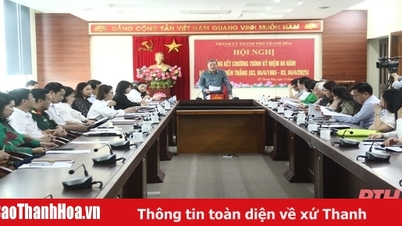

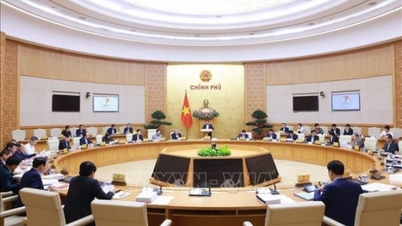


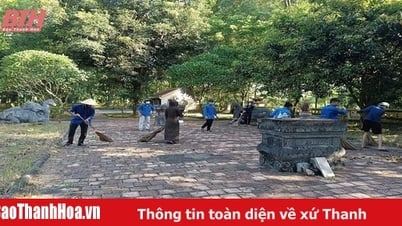
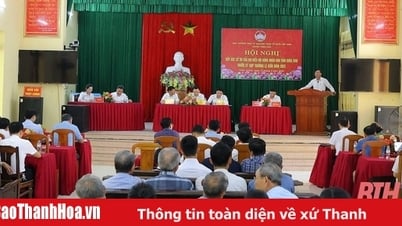

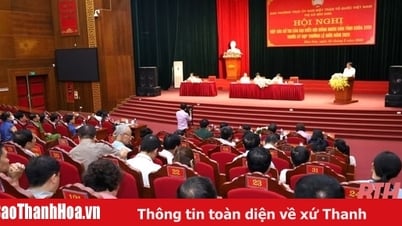






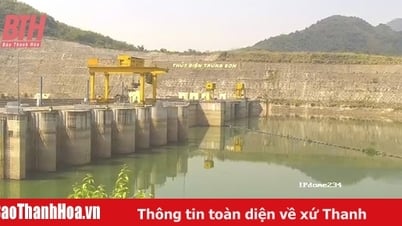

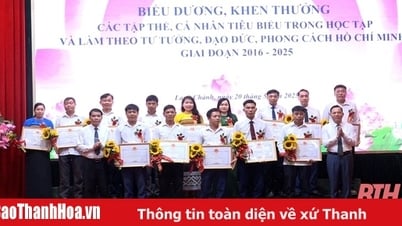



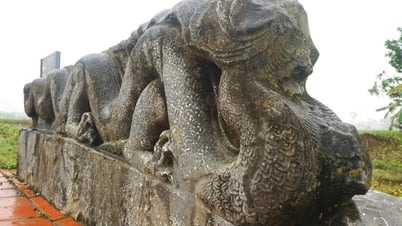

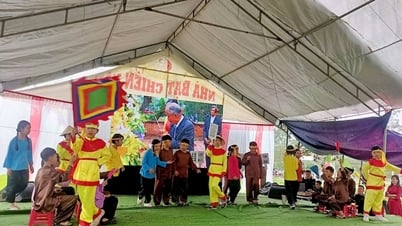

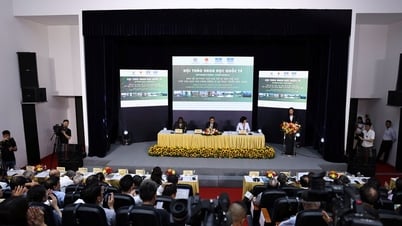

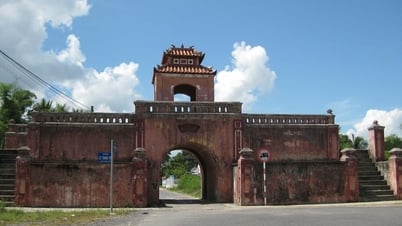








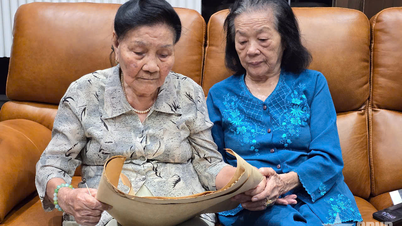





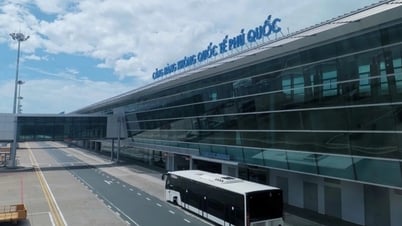

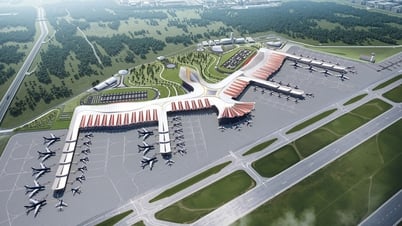
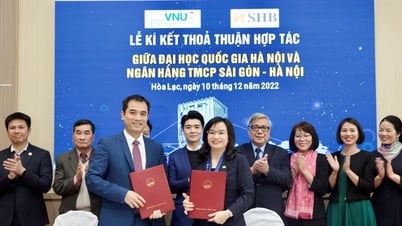




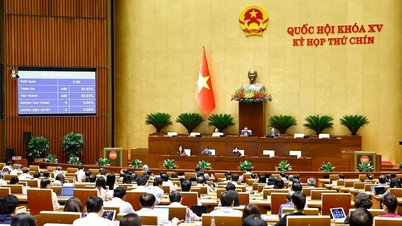





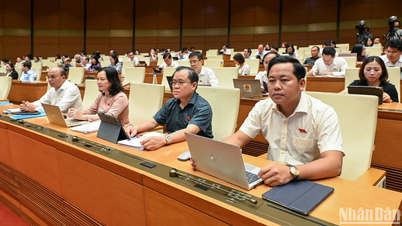

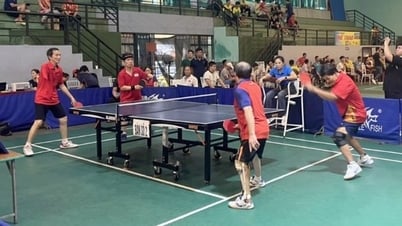

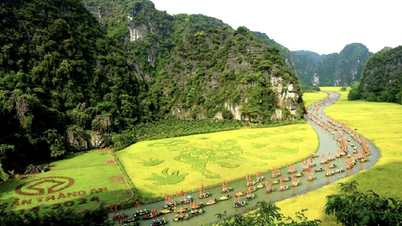
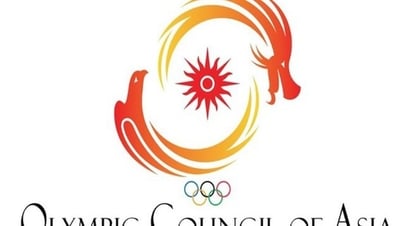


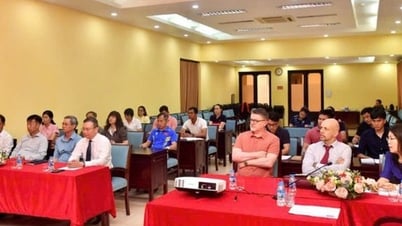
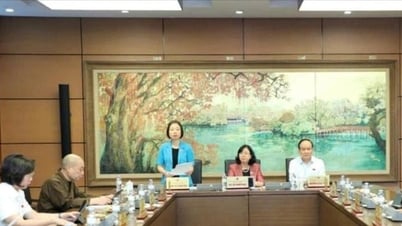

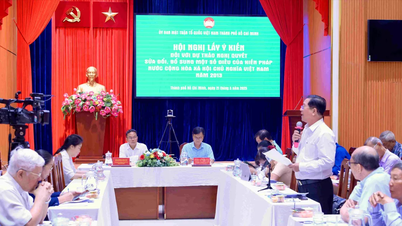

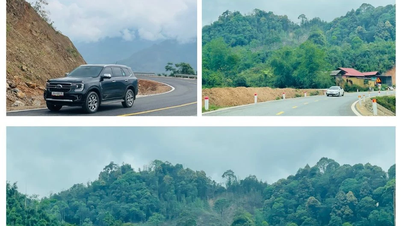

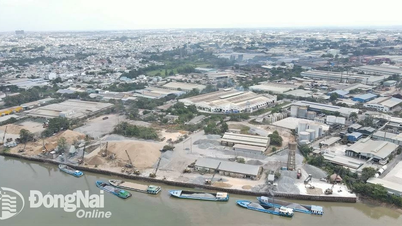

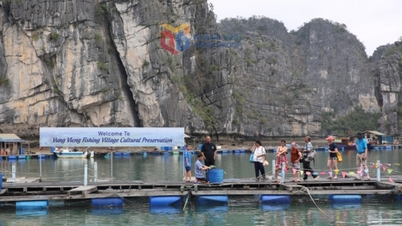











Comment (0)